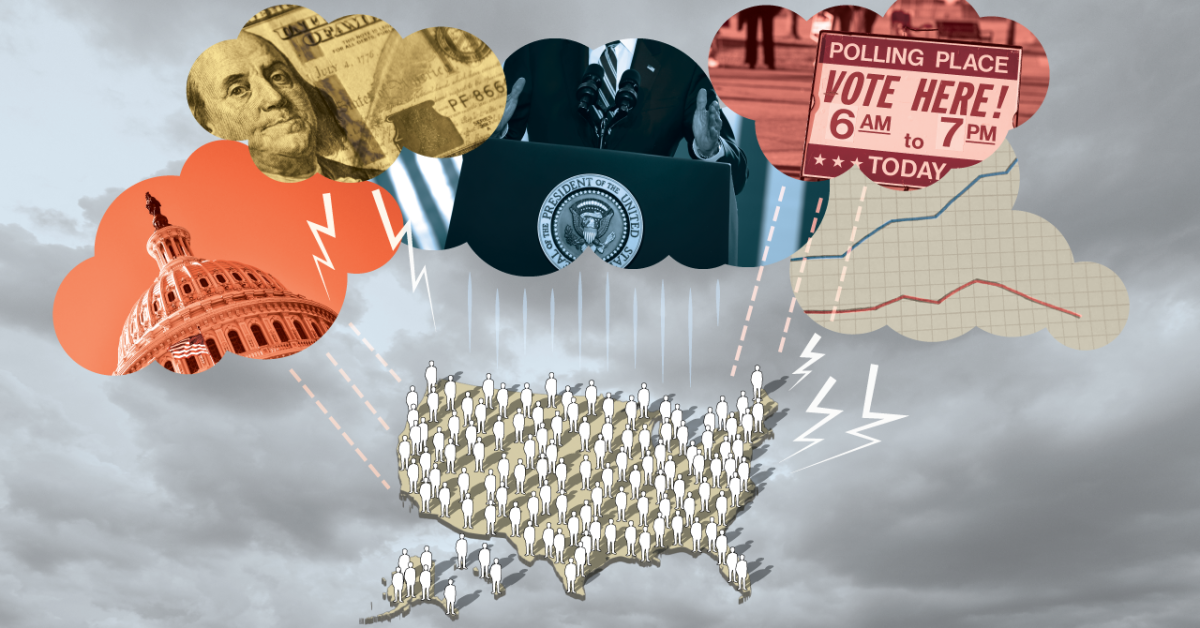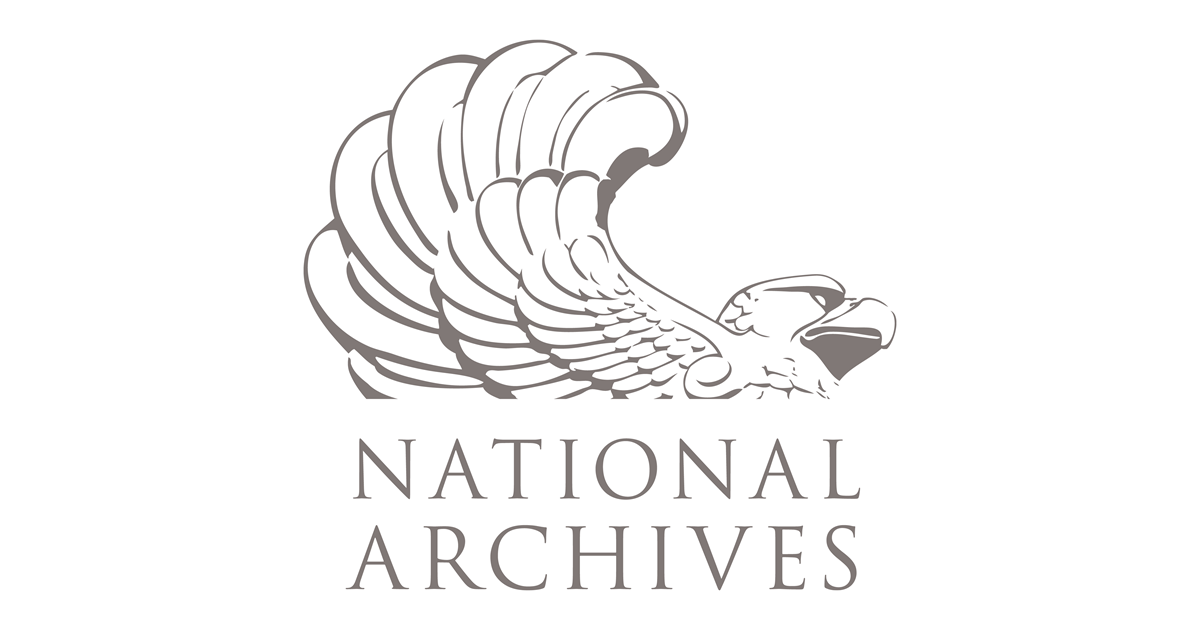This article shows a study that has to be on the minds of every political professional. Any candidate running that doesn't have somebody in their campaign looking at this is foolish. I bet every serious presidential candidate is worried about this if has been brought to their attention. Same with the major political parties.
But voting in elections is very different from being satisfied with the state of politics – and the public is deeply dissatisfied.
The new study of Americans’ views of the state of the political system is primarily based on a survey conducted July 10-16, 2023, among 8,480 adults, with additional data from a survey conducted June 5-11, 2023, among 5,115 adults. Both were conducted on Pew Research Center’s nationally representative American Trends Panel.
A little more than a year before the presidential election, nearly two-thirds of Americans (65%) say they always or often feel exhausted when thinking about politics, while 55% feel angry. By contrast, just 10% say they always or often feel hopeful about politics, and even fewer (4%) are excited.

 www.pewresearch.org
www.pewresearch.org
But voting in elections is very different from being satisfied with the state of politics – and the public is deeply dissatisfied.
The new study of Americans’ views of the state of the political system is primarily based on a survey conducted July 10-16, 2023, among 8,480 adults, with additional data from a survey conducted June 5-11, 2023, among 5,115 adults. Both were conducted on Pew Research Center’s nationally representative American Trends Panel.
A little more than a year before the presidential election, nearly two-thirds of Americans (65%) say they always or often feel exhausted when thinking about politics, while 55% feel angry. By contrast, just 10% say they always or often feel hopeful about politics, and even fewer (4%) are excited.
- Just 4% of U.S. adults say the political system is working extremely or very well;
- Positive views of many governmental and political institutions are at historic lows.
- A growing share of the public dislikes both political parties.
- Candidate choices are underwhelming.
- Majorities back age and term limits and eliminating the Electoral College.

Americans’ Dismal Views of the Nation’s Politics
Americans’ views of politics and elected officials are unrelentingly negative, with little hope of improvement on the horizon. 65% of Americans say they always or often feel exhausted when thinking about politics. By contrast, just 10% say they always or often feel hopeful about politics.


